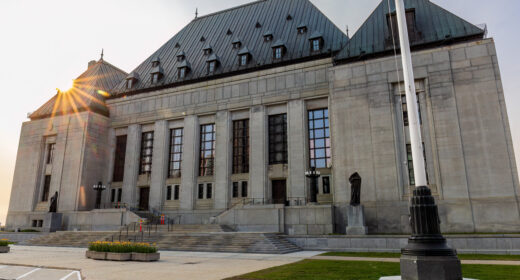A glass of an ice-cold beer on a hot summer Friday afternoon is a great treat for many. I was recently walking around a local liquor store, and noticed that the selection of local craft beers had increased dramatically compared to 10 years ago. According to the statistics published by BEER Canada, the number of microbreweries in Canada – breweries which produce less than 2,000 hectoliters – has increased from 196 in 2007 to 264 in 2012. The total productions from these breweries rose from 91,909 hectoliters to 117,061 hectoliters. No wonder I noticed more selection at the liquor store, and have seen more new microbreweries starting up around town!
There are many websites and blogs that provide various tips and guides for starting up a microbrewery – from market research, business models and business plans to actual brewing and manufacturing tips.
Many microbrewers seem to paying closer attention to licenses, rules and regulations surrounding beer making at commercial capacity. However, the importance of deciding on a business name (and on the name of a beer) is often an underestimated aspect of a business plan for starting up a microbrewery (or any other businesses). Once your business is started, goodwill with the growth of the business will be associated with the business name (and/or the name of your beer, in this case). What you don’t want to see is happen after you have enjoyed your first (and subsequent) success, is that you are then forced to change your business name (or the name of your beer).
To prevent this from happening, it is recommended that you at least research existing registered trademarks and pending applications before deciding on your business name. Once you know that you can safely name your business and beer as you wish, it is recommended that you register them as trademarks. Once your nifty crafted name for your business (and for your beer) is registered, you can focus on brewing great beers!



